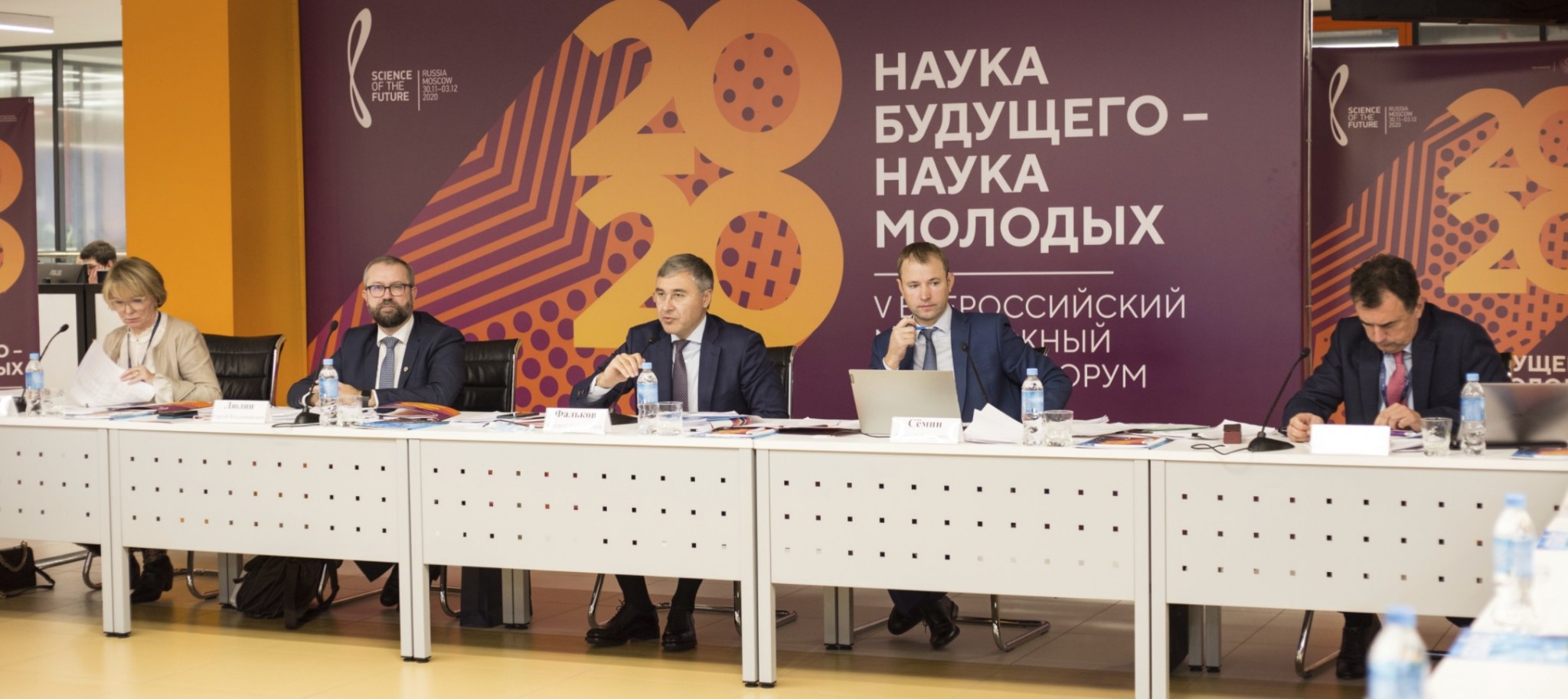Two projects of the Skolkovo Institute of Science and Technology (Skoltech) are among 43 named winners of the 8th Russian megagrant competition.
Skoltech will use the funds to create two new laboratories engaging in advanced research under the stewardship of top scientists. The winning teams aim to achieve scientific breakthroughs and address specific problems in the fields defined by the Strategy of Scientific and Technological Development of the Russian Federation.
Skoltech’s winning projects, each awarded a 3-year megagrant of 90 mln rubles, will focus on state-of-the-art monitoring, protection and control methods for future power networks and multiscale intelligent neurodynamic systems for multidimensional optimization in machine learning and data processing.
Professor Vladimir Terzia at the University of Manchester, an expert in electric power systems and the recipient of the first megagrant, will now join Skoltech faculty to direct a new laboratory at the Skoltech Center for Energy Science and Technology (CEST).
The megagrant winning project titled Advanced Monitoring, Protection and Control of Future Power System will focus on new methodologies and applications for optimal deployment of novel sensor and ICT technologies to support integrated monitoring, protection and control strategies for secure, reliable and resilient operation of future mixed AC-DC power systems characterized by high penetration of renewable energy sources. These strategies will drastically reduce the system operational costs and enable massive utilization of renewable energy resources, while simultaneously eliminating the risks of major power system blackouts and increasing the confidence in the power system’s ability to satisfy long-term industrial and societal needs.
According to Petr Vorobev, an assistant professor and associate director of CEST, “This will facilitate the transition to clean, zero carbon grids, thus stopping the negative trends in the climate change.”
The complexity of the project calls for state-of-the-art tools that will be in the focus of a new hardware-in-the-loop laboratory to be established at Skoltech. The laboratory spins around the Real Time Digital Simulator (RTDS) − probably the most reliable and flexible hardware-in-the-loop testing facility available today, that allows building digital twins for complex power systems.
Professor Terzia believes that “Fully renewable energy is a very ambitious goal that becomes attainable thanks to modern science and technology.”
The second megagrant winner is Jun Wang, a professor at the Department of Computer Science at the City University of Hong Kong, who will join the Skoltech Center for Computational and Data-Intensive Science and Engineering (CDISE) and create a new laboratory there to pursue the project Multiscale intelligent neurodynamic systems for multidimensional optimization with machine learning and data processing applications.
Professor Jun Wang is an internationally recognized expert in machine learning, neurodynamics, optimization, and multiscale problems. His research at Skoltech will lay a new foundation for global optimization tasks in various fields, such as effective neural network learning applications, robotics, robust control and feature extraction tasks, surrogate modeling, and inverse problems. Studying new optimization methods and their mathematical properties, implementing and applying them to practical tasks will give fresh impetus to this line of research.
“Optimization is omnipresent in science, engineering, and business, especially in machine learning, data mining, image and signal processing. These global and multi-objective optimization problems pose great challenges due to the presence of local optima and lack of efficacious solution methods to find the global optima. Our goal is to integrate Skoltech research groups into cutting-edge research in the field of innovative optimization algorithms based on multiscale collaborative neurodynamic systems,” Professor Jun Wang notes.
“Winning two megagrants is a seminal event for Skoltech. We are confident that the winning top scientists will create world-class laboratories, attracting young researchers to achieve scientific results of high local and international impact and enhance Skoltech’s research and technology potential,” Darya Romanova, head of the Skoltech Office of Sponsored Research, comments.
Skoltech’s track record includes two more megagrants awarded last year to professors Andrzej Cichocki and Christoph Borchers who are successfully pursuing their research at CDISE.
Contact information:
Skoltech Communications
+7 (495) 280 14 81

